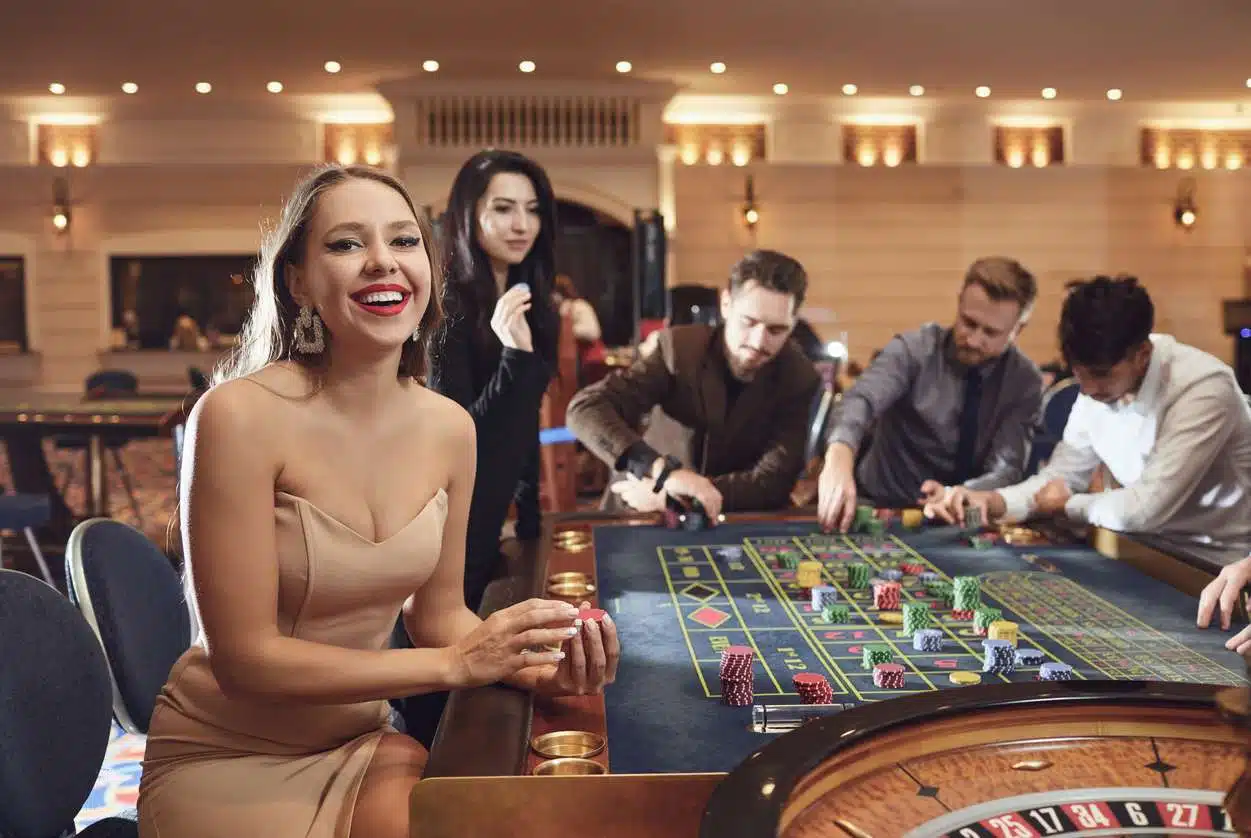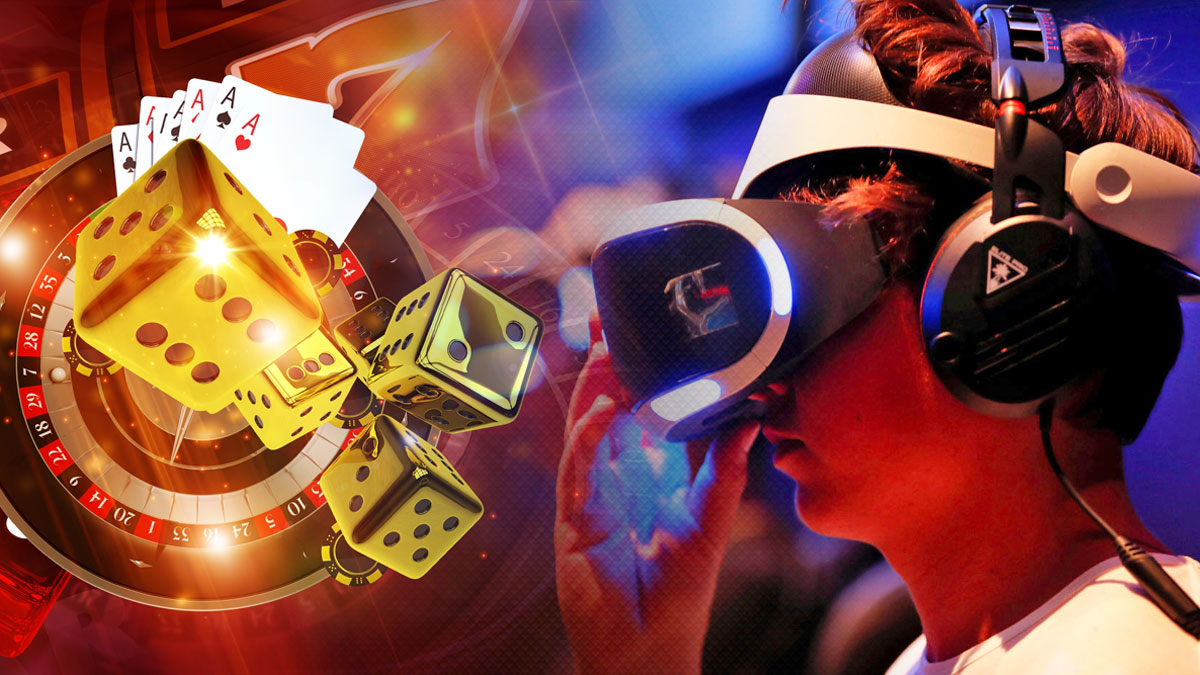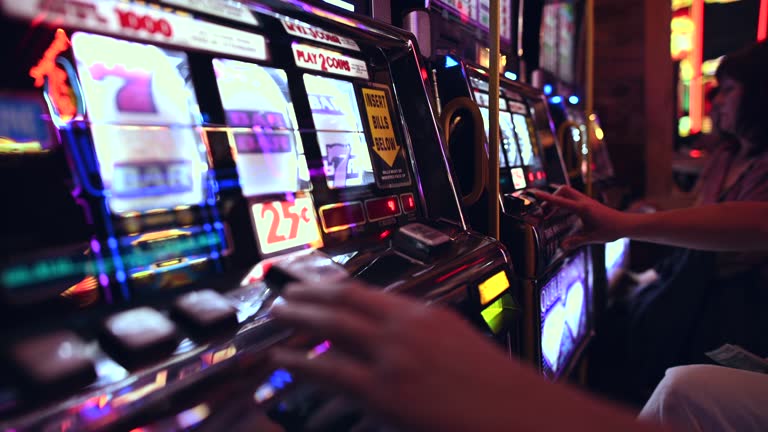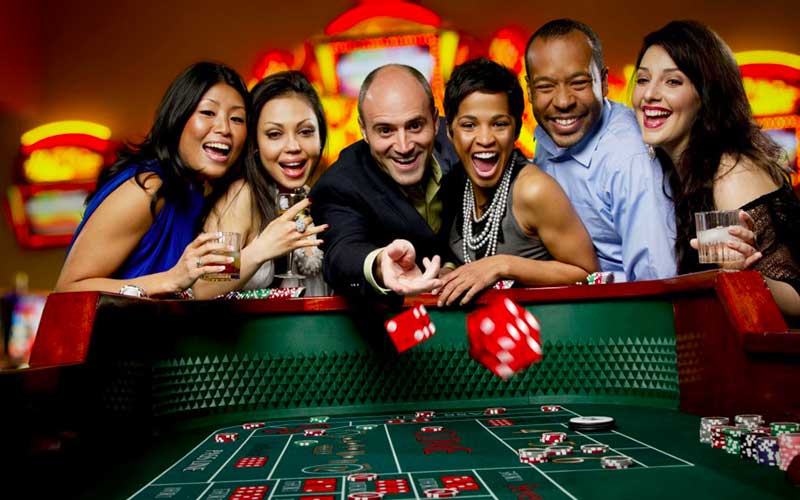The Paradox of the Big Win
Winning in a casino is supposed to be the ultimate goal. Yet, paradoxically, many players don’t leave once they’ve achieved it. Instead, they continue spinning reels, placing bets, or doubling down. It’s as if victory itself creates a new appetite rather than satisfying the old one. At platforms like 5Gringos Casino, where excitement flows seamlessly from one round to the next, this paradox becomes visible in its purest form: people who should be celebrating success are often preparing for the next risk.
Why? The answer lies not in greed alone but in psychology, ritual, and the emotional dynamics of gambling itself.
The Illusion of Momentum
Winning as a Signal of “Hot Hands”
Players interpret big wins as evidence of being “in the zone.” This is the hot-hand fallacy, the belief that luck comes in streaks. Instead of walking away, they imagine more wins are imminent.
Momentum vs. Reality
While momentum exists in sports, in casinos outcomes remain random. Yet the human brain finds it difficult to accept randomness. A win feels like a pattern, and players assume continuation rather than completion.
Dopamine Overload – The Neurological Trap
The Brain on Victory
A big win releases an intense flood of dopamine, the chemical of pleasure and anticipation. This high is so intoxicating that the brain craves repetition.
Why Leaving Feels Like Loss
Paradoxically, stopping after a win feels like cutting off a drug supply. The dopamine rush has not yet faded, so walking away feels like abandoning a euphoric state before it fully concludes.
The Cultural Myth of “Big Wins”
From Folklore to Modern Casino Marketing
Stories of people who “hit it big” and walked away legends permeate popular culture. Yet in reality, casinos are structured to make continued play irresistible. Bonus rounds, loyalty rewards, and celebratory animations after a big win encourage reinvestment, not departure.
The Social Performance of Winning
For many players, sharing the win – telling friends, posting online, or simply celebrating in the casino lobby – requires a narrative. But stories without a sequel feel unfinished. Continuing to play allows the win to evolve into a saga rather than a single event.
The Illusion of Control
“I Beat the Casino Once…”
After winning, players often believe they’ve cracked a code or discovered a strategy. This illusion of control makes them feel capable of repeating the victory.
The Double Standard of Risk
Outside the casino, the same person might be frugal and risk-averse. But in the game space, chips or credits don’t feel real. The earlier win emboldens them to treat money as expendable tokens rather than tangible resources.
Emotional Identity and Gambling
A Win Reinforces the “Player Self”
After a big win, players feel validated as skilled, lucky, or “chosen.” This strengthens their identity as gamblers. To walk away would be to silence this newly reinforced identity.
The Desire for Continuity
The self wants stories that move forward. Ending play immediately after a win feels like cutting off one’s own narrative. Continuing to bet allows the story to live on – even if it risks a tragic ending.
The “House Money” Effect
Psychological Reframing
After a big win, players often think: I’m not risking my money, I’m playing with theirs. This is the house money effect – the tendency to take greater risks when using perceived “extra” money.
Why This Mentality Is Dangerous
House money still belongs to the player once it’s won. Yet reframing winnings as expendable leads to reckless bets and the frequent evaporation of hard-earned victories.
Casinos as Environments of Perpetual Play
The Design of No Stopping Points
Casinos are designed with seamless transitions. In physical venues, there are no clocks or windows. In digital spaces, the interface flows endlessly. The lack of natural stopping points makes departure psychologically difficult.
Celebrating Continuity
Visual and sound effects after a win are not designed for closure but to encourage the next spin. Bright colors, fanfare, and animations turn wins into transitions, not conclusions.
The Anxiety of Having Money
Success as Pressure
Ironically, money itself creates anxiety. After winning, players suddenly face the question: What do I do with this? Playing further postpones the responsibility of making decisions about the winnings.
The Guilt of “Undeserved” Wins
Some players experience subconscious guilt, feeling the win was “too easy.” They return to play as a way to justify or even “re-earn” what they’ve gained.
Rituals of Self-Sabotage
Reenacting the Drama
Many players unconsciously seek balance. A massive win feels destabilizing, and further gambling is a way to restore equilibrium – often by giving back a portion of the win.
The Seduction of Loss After Victory
Loss after a win paradoxically feels comfortable. It restores familiarity. Players don’t always consciously want to lose, but many seek the emotional relief that comes with a return to normalcy.
Expert Perspectives
- Psychologists argue that post-win gambling is a textbook example of variable reward reinforcement, the same mechanism that fuels addictive behaviors.
- Anthropologists see continued play after a win as ritualistic, similar to ancient practices of sacrifice and offering.
- Economists highlight the irrationality of this behavior, calling it a distortion of utility where value is measured in thrills rather than financial preservation.
Strategies for Walking Away
Pre-Commitment
Deciding in advance when to leave creates boundaries that dopamine can’t override.
Reframing the Win
Rather than seeing winnings as temporary, reframing them as real financial assets can prevent reckless reinvestment.
Controlled Play at Casino platforms
Some online casinos now integrate responsible gambling tools – session timers, withdrawal locks, and reminders – that help players stop while ahead.
Conclusion – The Eternal Return of Play
The question of why players don’t leave after a win is not simply about greed. It’s about narrative, psychology, identity, and cultural myth. Wins create momentum, activate dopamine, and validate the self. Yet they also destabilize. Continuing to play restores emotional balance, even at financial cost.
At Casino, and across the gambling world, the paradox of the big win remains one of the most compelling truths of human behavior: the moment we achieve what we came for, we often discover we don’t want to stop after all.




